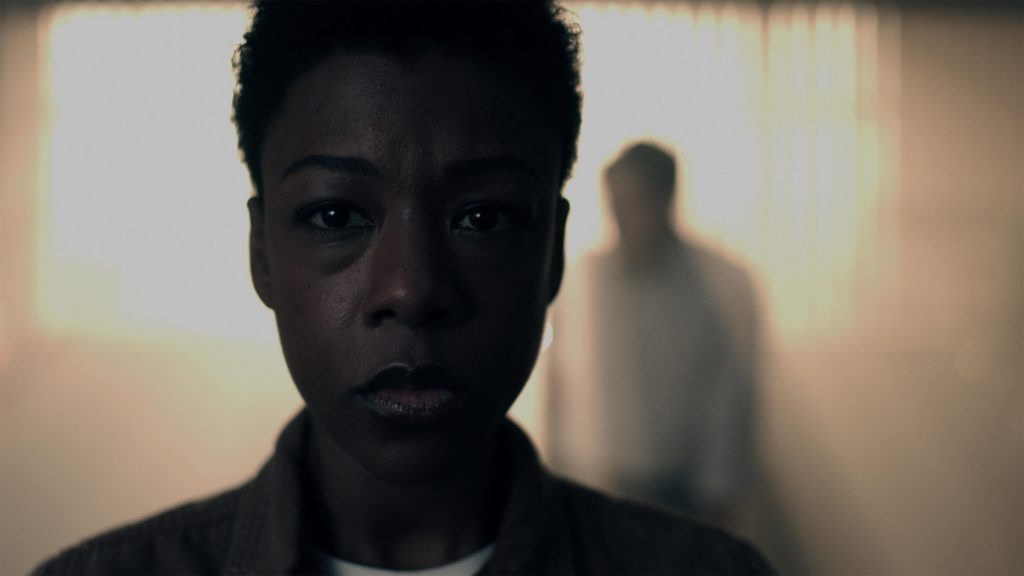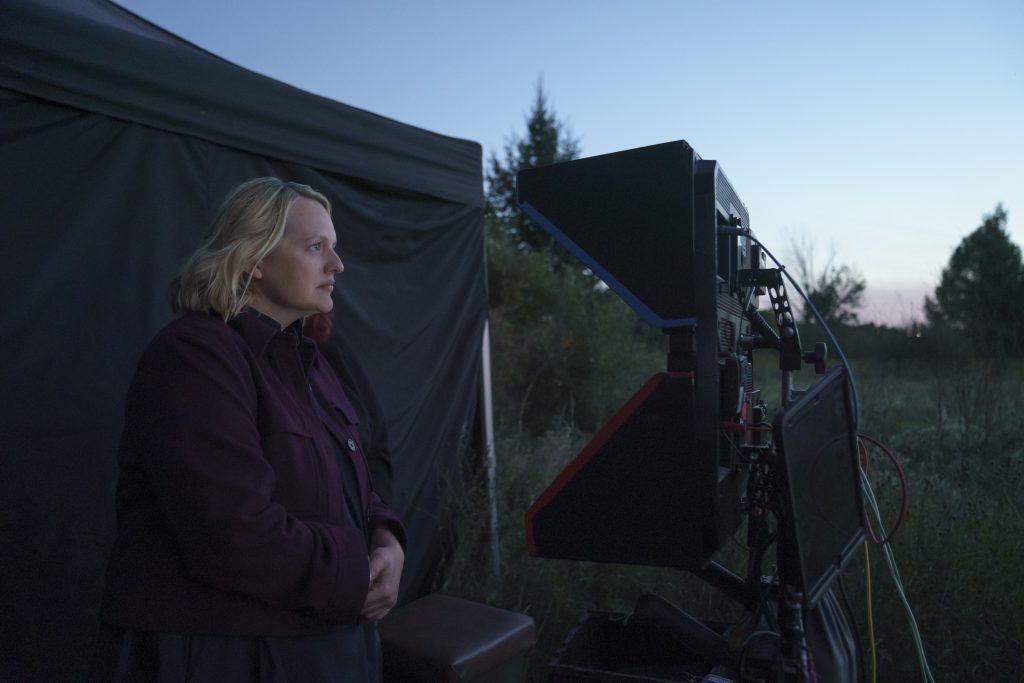Blessed Be the Finale: The Handmaid’s Tale Returns for a Timely, Terrifying Last Season

‘The Handmaid’s Tale’ Closes With a Final Season That Feels Anything But Fiction.
After six seasons, dozens of awards, and cultural relevance that outpaced the boundaries of television, The Handmaid’s Tale returns for its final chapter. The Hulu series, based on Margaret Atwood’s seminal novel, arrives at a moment when the lines between its dystopia and the current political landscape are uncomfortably thin.
Elisabeth Moss leads the cast once again as June Osborne, whose resistance to the regime of Gilead has made her one of the most defining characters of the prestige television era. This season, June reenters the fight with no illusion of peace. The revolution is personal, the stakes unchanged.
The ensemble remains intact, delivering seasoned performances across the board. Yvonne Strahovski continues to give Serena Joy a terrifying emotional range. Bradley Whitford’s Commander Lawrence leans further into moral ambiguity. Max Minghella, Ann Dowd, Samira Wiley, O.T. Fagbenle, and Amanda Brugel round out a cast that rarely missteps.
Season six positions each character at a point of no return. Luke and Moira embed themselves deeper into the resistance. Serena attempts to reposition herself inside a system she once helped build. Lawrence and Lydia confront the legacy of their choices. Nick is tested from every angle. No arc is clean.
Showrunner Bruce Miller, along with co-showrunners Eric Tuchman and Yahlin Chang, keeps the tone focused and unflinching. Moss continues her work behind the camera while holding the center of the narrative on screen. There is no narrative padding here. The pacing is tight, the energy constant.
MGM Television’s production delivers high-caliber storytelling with a visual style that remains cold, clinical, and unmistakably Handmaid’s.
The timing of the release adds weight. With reproductive rights once again at the forefront of political and judicial debate, The Handmaid’s Tale now airs into a reality that increasingly resembles its first season.
It’s not commentary. It’s reflection.
And like the end of any great series, there’s a familiar kind of grief. These characters — loved, hated, unforgettable — are ripped from our weekly lives. Regardless of where the story lands, the absence of them leaves a mark.
Atwood’s book was always a warning. It still is. While some politicians seem to have taken the darker lessons of Gilead as instructions, the message wasn’t meant for power. It was meant for people.
This story has always been a cautionary tale. And if we’re lucky, it stays that way.
The final season does not offer resolution so much as a reckoning. It doesn’t tie up every thread. It stays true to the world it built — brutal, controlled, and far too recognizable.
The legacy of The Handmaid’s Tale is already cemented. It helped define streaming-era prestige drama and proved that politically charged storytelling could resonate globally without compromise.
It exits without softening its voice.
And June, still standing, still fighting, remains one of the most relevant protagonists of our time.




Elisabeth Moss by Aleksandar Tomovic for BELLO
Samira Wiley by Aleksandar Tomovic for BELLO



